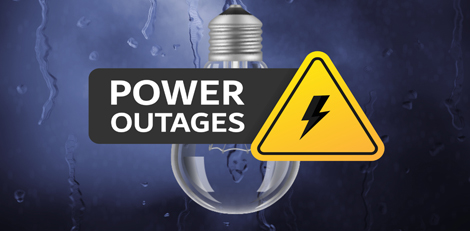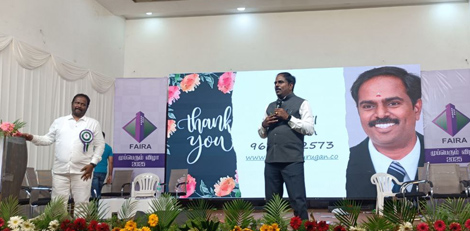Know more about Blood Cancer in September
Posted on: 22/Sep/2018 10:18:31 AM

Cancer is one of the most dreaded health conditions affecting the worldwide population today. Blood cancer is a common type of cancer that generally affects people of all age groups. Studies reveal that U.S has a high incidence of cancer but due to huge population, China followed by India have a high number of patients suffering from blood cancer.
This is primarily why it is important to spread awareness about blood cancer in India and other countries of the world. September marks blood cancer awareness month, during which efforts are made by various societies fighting cancer to spread awareness about the symptoms, diagnosis, and treatment of blood cancer among people.
What is blood cancer?
Blood cancers, also known as hematologic cancers, essentially attack the production and effective function of blood cells of the body. Most blood cancers first start in the bone marrow, which is responsible for blood production.
Some of the other disorders which affect the bone marrow are Lymphoma, Myeloma, Myelodysplastic Syndrome (MDS) and Myeloproliferative Neoplasms (MPNS).
Blood cancers are broadly classified as acute and chronic. The onset of chronic type of blood cancer is gradual and the symptoms appear slowly. In fact, in some cases, there are no symptoms of the condition. On the other hand, patients with acute type of blood cancer are quite sick and may experience fever accompanied with chills, fatigue and weakness, night sweats, pain in the bones and joints of the body, headaches and swollen lymph nodes. Immunity decreases and one becomes susceptible to infections as well. The cancer also affects the rate of blood clotting, as a result, small cuts or injuries will tend to bleed for a longer period of time. One may also experience unusual bruising, bleeding of the gums, and blood in stool as well as heavy periods in case of women.
What is the treatment for blood cancer?
The treatment for blood cancer mostly depends on the kind of cancer, age of the patient and how the condition has progressed. On the basis of these factors, doctors may suggest chemotherapy, supportive care, stem cell transplantation etc.
Dealing with blood cancer can be quite tough both for the individual that is affected with the disease as well as family members. Thus, it is important to spread awareness and learn as much as you can about the condition.
Dr. Neelesh Reddy, Consultant Oncology, Columbia Asia Referral Hospital Yeshwanthpur







